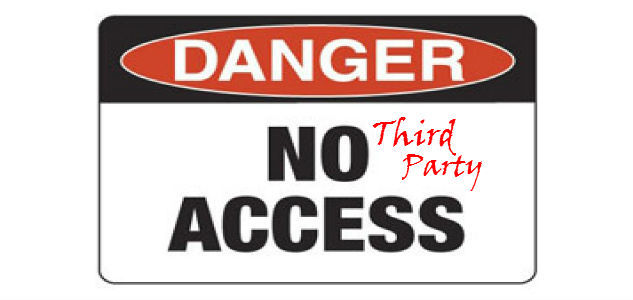
Also see our entire section on third parties called Third Party Central where you can find information on every small party in the country.
When the Supreme Court passes decisions on three different cases involving third party access to elections, the internet is immediately notified. Ballot Access News is the go to place for the latest news on election law related to third parties and their neverending battle to be represented to voters at the ballot. The latest news posted by Ballot Access News writer and election expert Richard Winger is from the Supreme Court. According to the posts, U.S. Supreme Court Won’t Hear Ralph Nader’s Case Against Federal Election Commission and U.S. Supreme Court Sets Conference Date for Libertarian Party Presidential Primary “Sore Lose” Case, there is plenty of new material for those in the election reform community to get fired-up about in regards to the same Supreme Court that brought us Citizens United:
On December 2, the U.S. Supreme Court revealed it will not hear Nader v Federal Election Commission, 13-556. The issue was whether Nader had standing to sue the FEC for its failure to enforce campaign finance laws. Specifically, the Democratic National Committee and its allies did not report their expenses in attempting to keep Nader off the ballot in 2004 in two dozen states, and the FEC did virtually nothing to enforce the law. The U.S. Court of Appeals ruled Nader doesn’t even have standing to sue the FEC. This is the last chapter in the many lawsuits filed around Nader’s 2004 ballot access legal fights.

The U.S. Supreme Court has placed Libertarian Party of Michigan v Ruth Johnson, 13-421, on its list of cases to be considered at the December 13 conference. This is the case on whether Michigan’s Secretary of State should have kept Gary Johnson off the November 2012 ballot. Johnson appeared on the ballot in all states plus D.C. and Guam, except that he didn’t appear in Oklahoma because too many signatures were required, and he didn’t appear in Michigan because his name had been entered on the February 2012 Republican presidential primary.
In addition, a third case involving the Libertarian Party was also passed on by the Supreme Court, as you can read at U.S. Supreme Court Refuses to Hear Virginia’s Appeal in Out-of-State Petitioner Case. According to that article:
The U.S. Supreme Court revealed that it will not hear Virginia’s appeal in Judd v Libertarian Party of Virginia, 13-231. This is the case on the constitutionality of Virginia’s ban on out-of-state circulators. Because the Libertarian Party has now definitely won this case, it is likely that a bill will be introduced in the 2014 Virginia legislature to repeal the ban. It is hoped that the Libertarian Party will be able to persuade the legislature to make other ballot access improvements in the same bill. The obvious flaw with Virginia’s ballot access laws is that the vote test for party status is excessive. The median vote test of the 50 states is 2%, but Virginia’s is 10%.
The Supreme Court has been turning down a lot of cases it seems but others are saying that they are turning down too many. According to a recent Washington Post article:
Instead of the usual 12 cases that the court has been hearing in recent years during its two-week block of oral arguments, the justices have only seven scheduled for what the court calls the February sitting. It’s the result of a diminished docket at the court, one with the potential of a historic low. So far, the justices have found fewer cases than usual worthy of receiving full briefing and oral argument.
And don’t forget to take a look at our Libertarian Party page too!
Leave a Reply